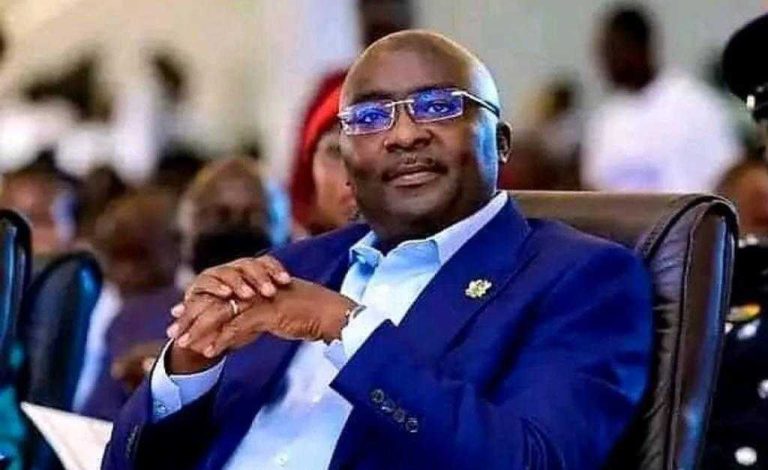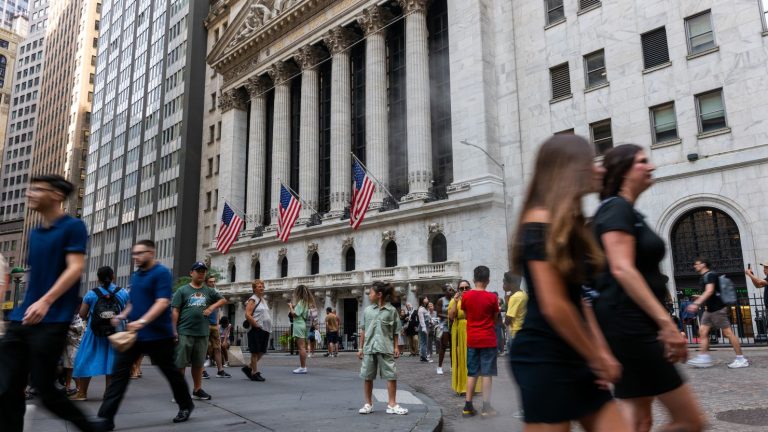
CEO of Tesla says trade obstacles won't stop Chinese EV companies from "demolishing" competitors.
An entirely new tab has been established by Tesla’s (TSLA.O) CEO. Elon Musk highlighted the pressure the U.S. leader in the electric vehicle market confronts from companies like BYD, which are vying for global market share, by stating that Chinese manufacturers will “demolish” their competitors without trade restrictions.

Musk’s remarks coincide with the fact that, in spite of the American automaker’s significant price reductions until 2023, BYD (002594.SZ), funded by Warren Buffett, surpassed Tesla as the best-selling EV firm globally last quarter. BYD opened a new tab with its more affordable models and diverse selection.
During a Wednesday post-earnings call with analysts, Musk stated that Chinese automakers were the “most competitive” and that they “will have significant success outside of China, depending on what kind of tariffs or trade barriers are established.”
“If there are no trade barriers established, they will pretty much demolish most other car companies in the world,” he stated. “They’re extremely good.”
During a routine briefing on Thursday, the Chinese foreign ministry was questioned about Musk’s remarks and stated that while it was aware of the stories, it supported “maintaining a fair, just, and open business environment.”
In an attempt to court customers who were burdened with high borrowing rates, he started a price battle last year, which hurt Tesla’s profits and alarmed investors. Tesla was approaching “the natural limit of cost reduction” with its current portfolio, Musk cautioned on Wednesday.
According to Reuters on Tuesday, Tesla intends to begin manufacturing a mass-market, less-priced compact crossover known as the “Redwood” in mid-2025 to compete with less expensive rivals. Tesla plans to begin producing its next-generation electric vehicle at its Texas factory in the second half of 2025, Musk announced on Wednesday.
Yet, Chinese EV manufacturers are developing quickly because they are skilled at controlling costs through a reliable supply chain. After years of state subsidies helped boost domestic sales, companies are now concentrating on swiftly extending their overseas footprint in China due to rising competition and spare capacity.
“The resilience and completeness of China’s multi-decade state-directed battery materials processing infrastructure buildout is biting hard,” stated Ross Gregory, a partner at Melbourne-based consultancy New Electric Partners.






